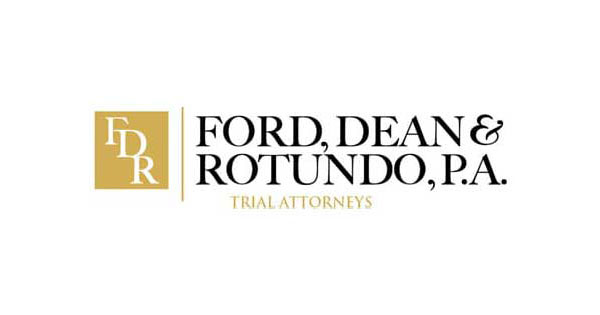With record-breaking temperatures throughout the country this summer, people are wise to be concerned about the seniors in their lives. Many live in older homes without air conditioning. With generally frailer bodies than younger people have and often a host of medical conditions, it’s all too easy to succumb to the heat. Being indoors doesn’t necessarily make them safer if there’s no source of cool air.
If you have a loved one in a nursing home or an assisted living facility, you likely feel confident that they will be safe from the heat. Sadly, that’s not always the case.
As we’ve seen in all kinds of extreme weather here in Florida and throughout the country, senior care facilities are too often unprepared to deal with a loss of power or other conditions that shut off necessary equipment and services. Further, some have no back-up plan to move their residents to someplace safe — or that plan falls apart.
The effects of Hurricane Beryl
As Hurricane Beryl battered Texas recently, at least a dozen nursing homes and ten assisted living facilities in one county were without power or back-up generators for days. Families were calling emergency responders to treat loved ones or move them somewhere cooler. One person who sought help for her elderly father said, “He has congestive heart failure, so the heat has just made it worse. Another person said, “These people are all in here sweating to death…. I mean it’s like a third world country there.”
Northern states aren’t spared
It’s not just facilities in the southern states that are failing their residents amid the heatwave. New Jersey health officials say they’re monitoring a nursing home that had limited air conditioning as temperatures climbed into the 90s. The facility has a history of problems – including lack of heat in the winter and limited and unclean water.
It’s critical that all senior care facilities have working equipment that can stand temperature extremes. In Florida, of course, that means sufficient cooling equipment. It’s also crucial that they have plenty of back-up generators for power outages, which are common during hurricanes and other storms. They all need to have emergency plans and procedures and alternative locations to transfer residents if necessary.
If a loved one suffered harm in extreme heat, no care facility personnel should tell you there was nothing they could do about it. Extreme heat is not an unexpected event in South Florida. It’s wise to review your legal options to seek justice and compensation.





